Filter by
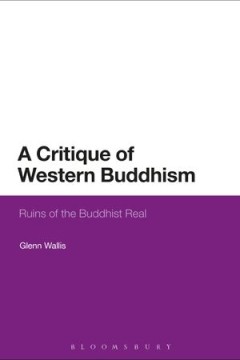
A Critique of Western Buddhism : Ruins of the Buddhist Real
What are we to make of Western Buddhism? Glenn Wallis argues that in aligning their tradition with the contemporary wellness industry, Western Buddhists evade the consequences of Buddhist thought. This book shows that with concepts such as vanishing, nihility, extinction, contingency, and no-self, Buddhism, like all potent systems of thought, articulates a notion of the “real.” Raw, unflinc…
- Edition
- -
- ISBN/ISSN
- 9781474283557
- Collation
- 232 hlm
- Series Title
- -
- Call Number
- -

Transfer of Buddhism Across Central Asian Networks (7th to 13th Centuries)
The interdisciplinary volume Transfer of Buddhism across Central Asian Networks (7th to 13th Centuries), edited by Carmen Meinert, offers a new transregional and transcultural vision for religious transfer processes in Central Asian history. It looks at the region as an integrated (religious) whole rather than from the perspective of fragmented sub-disciplines and analyses the spread of Buddhis…
- Edition
- -
- ISBN/ISSN
- 9789004307438
- Collation
- 352 hlm; ill., lamp.,
- Series Title
- Dynamics in the History of Religions, Volume: 8
- Call Number
- -

The return of the Buddha : ancient symbols for a new nation
- Edition
- -
- ISBN/ISSN
- 9781315734132
- Collation
- -
- Series Title
- -
- Call Number
- -
- Edition
- -
- ISBN/ISSN
- 9781315734132
- Collation
- -
- Series Title
- -
- Call Number
- -
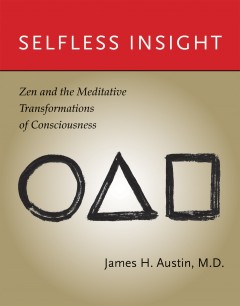
Selfless Insight: Zen and the Meditative Transformations of Consciousness
Attention, self-consciousness, insight, wisdom, emotional maturity: how Zen teachings can illuminate the way our brains function and vice-versa.OCLC-licensed vendor bibliographic record.
- Edition
- -
- ISBN/ISSN
- 9780262255004
- Collation
- 1 online resource (xxii, 342 pages, 4 pages of plates) :illustrations (some color)
- Series Title
- -
- Call Number
- -
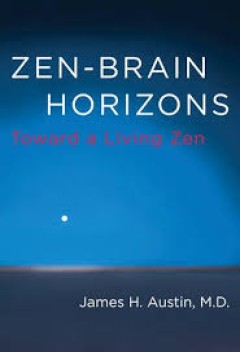
Zen-Brain Horizons: Toward a Living Zen
A neurologist and Zen practitioner clarifies the benefits of meditative training, drawing on classical Buddhist literature and modern brain research."In Zen-Brain Horizons, James Austin draws on his decades of experience as a neurologist and Zen practitioner to clarify the benefits of meditative training. Austin integrates classical Buddhist literature with modern brain research, exploring the …
- Edition
- -
- ISBN/ISSN
- 9780262321150
- Collation
- 1 online resource (xxi, 273 pages) :color illustrations
- Series Title
- -
- Call Number
- -
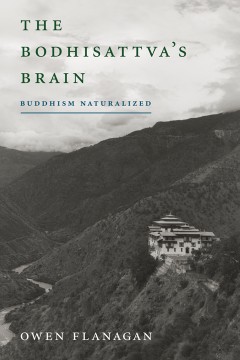
The Bodhisattva's Brain :Buddhism Naturalized
"A Bradford Book."Can there be a Buddhism without karma, nirvana, and reincarnation that is compatible with the rest of knowledge?OCLC-licensed vendor bibliographic record.
- Edition
- -
- ISBN/ISSN
- 9780262298179
- Collation
- 1 online resource (xiv, 264 pages)
- Series Title
- -
- Call Number
- -
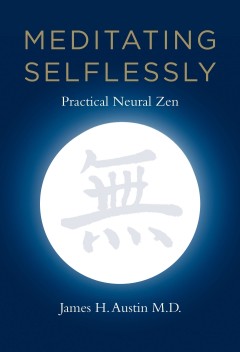
Meditating Selflessly: Practical Neural Zen
This is not the usual kind of self-help book. Indeed, its major premise heeds a Zen master's advice to be less self-centered. Yes, it is "one more book of words about Zen," as the author concedes, yet this book explains meditative practices from the perspective of a " neural Zen." The latest findings in brain research inform its suggestions. In Meditating Selflessly, James Austin -- Zen practit…
- Edition
- -
- ISBN/ISSN
- 9780262300155
- Collation
- 1 online resource (xxiv, 251 pages) :illustrations (some color)
- Series Title
- -
- Call Number
- -
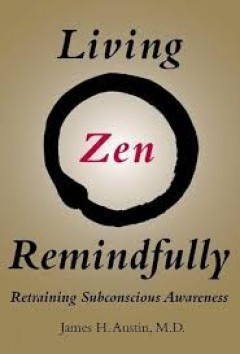
Living Zen Remindfully: Retraining Subconscious Awareness
"This is a book for readers who want to probe more deeply into mindfulness. It goes beyond the casual, once-in-awhile meditation in popular culture, grounding mindfulness in daily practice, Zen teachings, and recent research in neuroscience. In Living Zen Remindfully, James Austin, author of the groundbreaking Zen and the Brain, describes authentic Zen training--the commitment to a process of r…
- Edition
- -
- ISBN/ISSN
- 9780262336475
- Collation
- 1 online resource
- Series Title
- -
- Call Number
- -
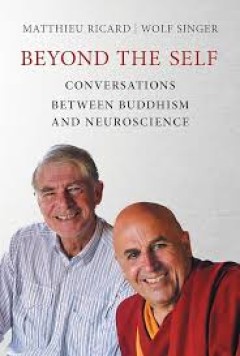
Beyond the self :conversations between Buddhism and neuroscience
Converging and diverging views on the mind, the self, consciousness, the unconscious, free will, perception, meditation, and other topics.OCLC-licensed vendor bibliographic record.
- Edition
- -
- ISBN/ISSN
- 9780262343022
- Collation
- 1 online resource (x, 282 pages)
- Series Title
- -
- Call Number
- -

Zen & the Brain: Toward an Understand of Meditation & Consciousness.
AnnotationOCLC-licensed vendor bibliographic record.
- Edition
- -
- ISBN/ISSN
- 0262511096
- Collation
- 1 online resource (868 pages)
- Series Title
- -
- Call Number
- -
 Computer Science, Information & General Works
Computer Science, Information & General Works  Philosophy & Psychology
Philosophy & Psychology  Religion
Religion  Social Sciences
Social Sciences  Language
Language  Pure Science
Pure Science  Applied Sciences
Applied Sciences  Art & Recreation
Art & Recreation  Literature
Literature  History & Geography
History & Geography